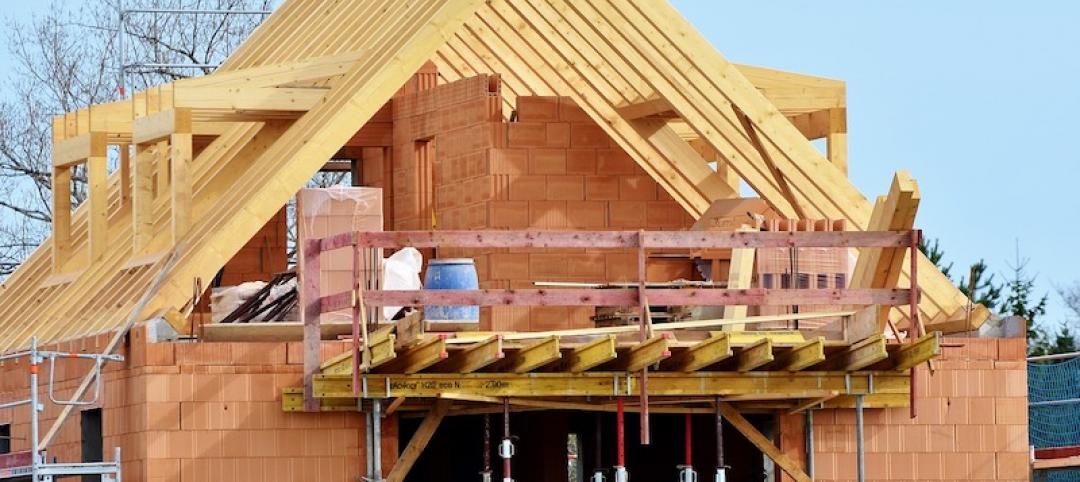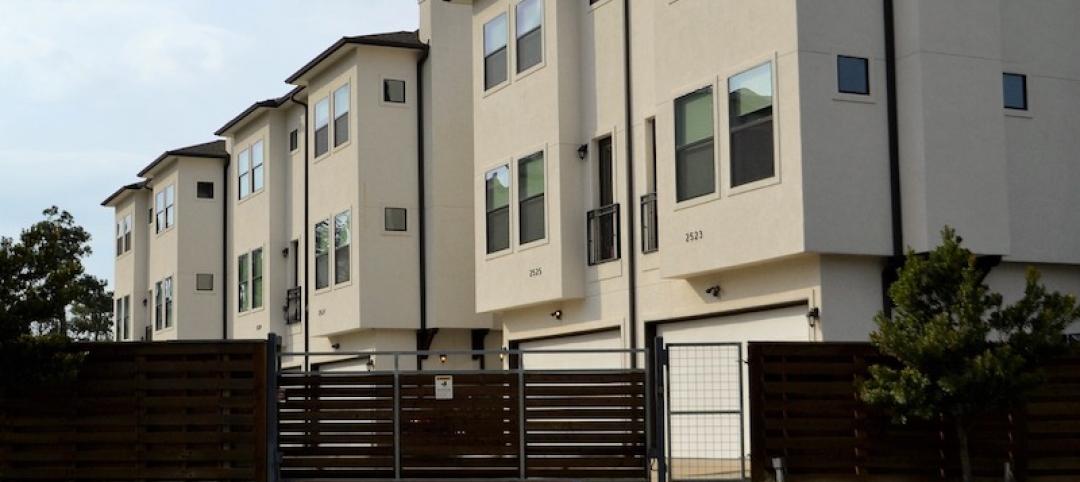The Washington D.C. Council recently passed legislation that will make it more expensive for owners to hold vacant or blighted property.
The Vacant Property Enforcement Act of 2016 reduces the maximum amount of time a vacant property can qualify for an exemption from higher vacancy tax rates. It also closes a loophole that allows continuous renewal of construction permits to qualify for tax exemptions, and require owners of vacant properties to prove they are no longer subject to the higher tax rates.
"The District has a substantial number of vacant properties, many of which are poorly maintained,” the bill report says. "Property owners may keep their properties vacant or fail to maintain them because they expect property values to rise over time. Poorly maintained and vacant properties can damage surrounding communities by being eyesores, by serving a venue for drug use and by providing a home for rodents or other animals. The net effect is to reduce the feeling of a cohesive community and depress surrounding property values."
The legislation reduces the time an owner can claim an exemption from higher taxes because of construction to one year for residential properties and to two years for commercial properties. Fines for failing to comply with city property regulations will rise from $1,000 to $5,000.
Related Stories
Codes and Standards | Nov 11, 2019
Major cities are adopting new building performance standards
Initiatives can include multiple standards.
Codes and Standards | Nov 11, 2019
U.S. hotel construction pipeline continues its year-over-year growth
In its eighth consecutive quarter of growth, projects currently under construction stand at 1,729 projects/235,278 rooms.
Codes and Standards | Nov 11, 2019
New retrofit design guide for metal roofing published
Metal Construction Association document provides best practices for re-roofing with metal.
Codes and Standards | Nov 8, 2019
New York City among the top hotel construction pipelines in the United States
Hotels presently under construction are at 102 projects/17,504 rooms.
Codes and Standards | Nov 7, 2019
Group focused on using AI for construction safety gains key members
Major contractors join partnership to share data to predict hazards, incidents.
Codes and Standards | Nov 6, 2019
Undisclosed ICC agreement with NAHB alleged to thwart more stringent efficiency codes
Homebuilders’ seats on ICC made it easier to block new provisions, report alleges.
Codes and Standards | Nov 4, 2019
ASHRAE releases new version of energy efficiency standard for buildings
Standard 90.1 includes revisions of envelope, lighting, HVAC provisions.
Codes and Standards | Nov 1, 2019
Resiliency of a community’s housing stock can be measured according to new benchmark
Metric can help municipalities prepare for disasters.
Codes and Standards | Oct 31, 2019
FEMA, ICC release updated guide on integrating I-Codes into floodplain management regulations
Provides advice on satisfying requirements for the National Flood Insurance Program.
Codes and Standards | Oct 30, 2019
ILFI releases new version of Living Building Challenge Framework for Affordable Housing
Document includes updated findings, case studies, new strategies for financing, designing, building affordable housing.

















